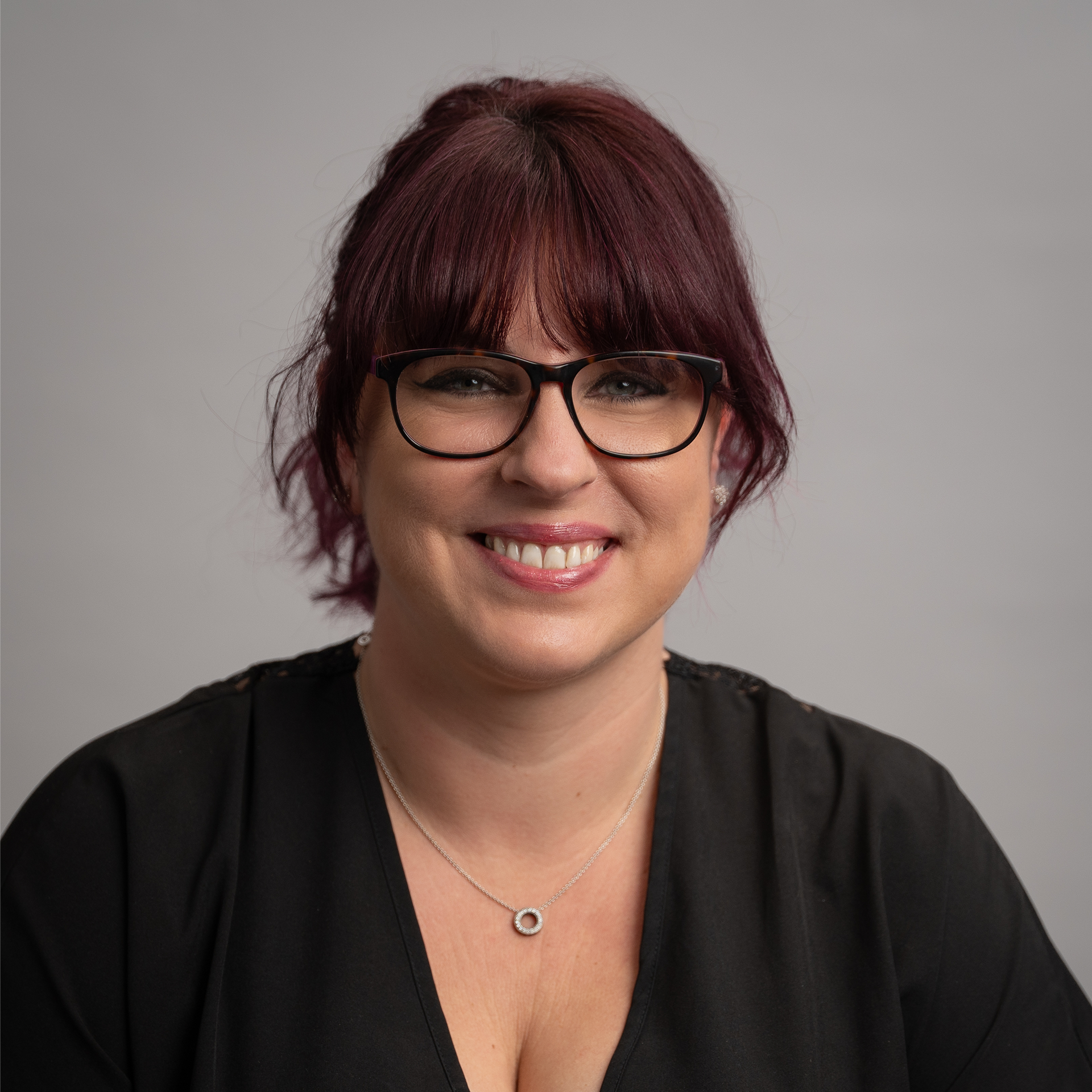
Two Together: Save £100!
Save £100 when you purchase two funeral plans together. Call us for more details.

Two Together: Save £100!
Save £100 when you purchase two funeral plans together. Call us for more details.


Article reviewed by Judy Carole, Published Author on March 14, 2025.
When we lose someone close to us, the grief we feel can be overwhelming. Working out how to deal with grief is a long process which looks different for everyone who is grieving. And, depending on how close we were to the person who has died, it may never be possible to fully come to terms with and overcome their death. In this article we will write about grief, explaining the different ways in which it can impact us. We will also discuss coping strategies and plans of action which can make life without those we love easier to bear.
We’d also just like to recognise that, if you’re reading this, you may be going through a tough moment. Aura is here to help. We are the UK’s top-rated national provider of ‘Cremation Services’ on Trustpilot, with a score of 4.9/5 stars. We offer our funeral services to all those in need, whether our direct cremations in the short-term for the funeral of someone who has recently died, or our funeral plans for those looking to the future.
Key Takeaways
Grief is a complex emotional response which we may feel in response to a traumatic event of some kind, such as dealing with the unexpected death of a loved one. With that said, it doesn’t necessarily need to relate to death; we may also grieve when an important friendship or life-partnership breaks down; when a natural disaster destroys property with emotional significance; or when a treasured ambition or dream fails to come to fruition.
Grief is a multi-layered emotion which can have mental, physical and sentimental elements. It’s also very important to understand that grief is not a standard feeling that we all experience in the same way. We may feel some, all, or none of the different elements just mentioned. We may also never ‘get over it’, instead carrying the grief we feel as a more or less manageable part of ourselves.
In some ways, grief is like a psychological journey that we are forced to go on. That journey can teach us something about ourselves and teach us something about what it means to be human, and about the beauty of death. In other ways, grief is like an illness that can debilitate and damage us, with some people never recovering. There is no timeline for ‘getting through grief’, and no standard template for how it looks. Grief is an intensely personal thing to each and every one of us.
Whilst we are keen to stress the unique nature of grief as experienced by all of us, there is a framework of commonly recognised checkpoints – the so-called 5 Stages of Grief, as developed by the Swiss-American psychologist, Elisabeth Kübler-Ross.
With all that being said, we ought to remember that each person mourns a loss differently, whether we are struggling to work out how to cope with the death of a parent or anyone else close to us. We may not stop at every one of these checkpoints; we may experience two different phases together; we may even find ourselves moving back and forth between them. It’s important not to compare yourself to others as you navigate this process, as it looks different for everyone.
We may also find that we are not ‘progressing’ at all and that our feelings of grief are as powerful as they ever were. If you feel like this applies to you, remember that there are plenty of resources out there which can help us learn how to deal with grief. Read on to learn more.

There are various emotional reactions to grief which are common, and different ways in which we can try to cope with them.
In line with the ‘five stages’ of grief above, there are typical responses to the death of a loved one which we will all likely recognise. We will in all likelihood (although not necessarily) feel a deep sense of sadness that is self-explanatory: a simple, powerful reaction to a final loss.
But other emotions can stem from this, as well as from the lack of this, if we think we are expected to feel a certain way. For instance, we might feel guilt. The guilt could stem from feelings of anger which derive from a sense of abandonment, especially if the person we’ve lost is a partner or parent; someone we depend on. Yet, we may also feel guilt which stems from a sense of nothingness or numbness that we could be experiencing. In other words, we might wonder to ourselves, “Why don’t I feel more upset about this?”. That very question can prompt feelings of guilt.
It’s possible also to experience psychological effects, such as hallucinations. A fact about death is that we can often see the loved ones we’ve lost before us in the immediate aftermath of their death. For instance, we might hear one of their favourite songs and then experience them walking out and talking, before vanishing. Don’t panic if this occurs before you, as you wouldn’t be the first person to experience grief in this way.
Naturally, the confusion that arises from these interconnected feelings is perfectly natural. Fluctuating or unpredictable emotions in response to a death are a normal part of the grieving process.
Many of the best stories about death relate to how to cope with the burden of grief. We have been talking about death and dying for thousands of years, with writing, telling, and listening to stories about death being a powerful way to deal with grief. If possible, being open to conversation on this subject can really help you to navigate your feelings more capably. Try engaging with some of these stories, and talking about how they make you feel with other grieving friends and family members.
You can also take more immediate steps, such as deep, slow breaths to calm a racing heart-rate. Breathing exercises can help you to feel grounded, as can consciously feeling your feet flat on the floor beneath you. It doesn’t sound like much, but paying attention to your breath and feeling your position in the space you are occupying can help you to feel more secure.
Grief can take a physical toll on the body, from a loss of appetite to poor sleep. There are some strategies you can employ to help yourself cope.
The strange thing about grief is that the impact it makes upon our emotions, and our minds, can almost feel physical. It certainly has the power to impact upon us physically, disrupting our sleep, possibly robbing us of our appetite and our will to exit the house. We may even feel fantom aches and pains in our bodies which are not caused by a physical stimulus. All of this can leave our health feeling low, weakening our immune system and making us more likely to come down with something and fall ill. The physical effects of grief can leave us feeling frustrated, helpless and stressed, thus leading to a vicious circle.
Coping with these physical effects can feel a little bit like trying to put up a tent in the middle of the night during a thunderstorm. But, much like that scenario, and whilst it would feel tempting to simply sleep in the car, so to speak, making the first step by opening the door and stepping outside is the hardest one.
Take it day by day and piece by piece. Try to make sure that you are looking after yourself. Eating healthily and as regularly as you are able will help you to maintain a healthy diet, and strengthen your immune system. If you can’t face cooking, perhaps a friend or a family member who is not grieving can help you. If you’re normally one for lots of exercise, managing to get a little bit of sport in can make a big difference to how you feel. Try to get outside, breathe some fresh air, and get the rays of the sun on your skin. These are small measures that can help your body’s clock to say on time, and will help with your sleep too.
It can be hard to keep these things in balance, but once the first step is taken, it should begin to get easier. With that said, if you feel after trying that you are unable to partially re-establish your routine, and it is beginning to take a toll on your health, you can head to the NHS website for some useful support.
There are a number of different approaches that you can take when you are struggling to work out how to deal with grief.
Some people find harnessing their grief for creative purposes to be productive. You can try writing, by journalling or writing letters to the person whom you’ve lost; many find this to be a restorative experience. Engaging with the vast body of literature on death and grieving that’s out there can be a healing and helpful exercise.
There are many ancient myths and legends about death, such as the Orpheus myth, which revolves around him journeying to the Underworld. He does this in order to request the return of his wife from Pluto — the King of the Underworld — to the land of the living. His request is granted, but on condition he doesn’t look back at her as she follows him out … a condition he fails to meet, for he glances back over his shoulder to check that he isn’t being tricked by the King. In so doing, he loses her all over again. This story, and other stories about death, teaches us about both the power that love has over death, as well as how hard it can be to say goodbye and let go.
Talk to friends and family, making sure to remain connected to your social circle, but don’t be afraid to take time for yourself too, if you need to be alone. Also try to balance your activities and conversation between normal, day-to-day stuff, and the subject of your grief, to try to keep one eye on what normal looks like for you.
Whatever exercise looks like for you, whether that’s doing a triathlon every week, or simply going for a walk around the local area, taking small steps towards being active during the grieving period can help your brain to release positive hormones like serotonin.
Your body will thank you for that, and you will thank it in turn, if you can find a way to return to whatever the norm is for you, piece by piece. If you aren’t in the frame of mind to go shopping or cooking, then ask for help from relatives or friends, who at such a time are often all too happy to bring in meals for you. If you can’t face your normal training regime, or even exiting the house when you normally do, try to find a way to get a little movement in, even if it happens at a time when you won’t be likely to encounter people you know.
A good, regular diet, and as much exercise as you can manage may pay you back with higher quality of sleep. By keeping these things in balance, you will likely feel physically stronger and able to stand up to the effects of grief.
There are various support networks that you can rely upon to help you process your grief. Sue Ryder is a bereavement charity which can point you towards local support groups called ‘Grief Kind Spaces’. A Grief Kind Space is a gathering of people in your local area, perhaps meeting at a cafe, but not necessarily, for the purpose of talking about grief. Many people find the relative anonymity of these set-ups to help them express what they’re feeling more than they can with friends and family. Cruse Bereavement Support is another charitable organisation which can provide and sign-post towards counselling services which relate to grief.
You may also appreciate the power of counselling or therapy. There are private options, and there are mental-health services available on the NHS too. If you have faith, in accordance with the beliefs on death and funerals in your religion, you may have a spiritual community whom you can turn to. Your friends and family can also listen to you talk about your grief, or distract you from it.
Regardless of whether you’ve experienced bereavement in the workplace or somewhere closer to home, there is a lot of bereavement support available to you.
There are lots of ways in which the loss of a close loved one can prove a constant challenge. Milestones like birthdays and anniversaries, or festive times like Easter and Christmas, will serve as a constant reminder of their loss going forward, and the thought of this can be difficult for us to come to terms with.
Creating rituals around their memory, honouring their interests and their passions, can be a great way of remembering a loved one. If, for instance, they were a big football fan, you could make it a tradition to go with friends and family to a game at the stadium of their team on the anniversary of their death. Or, for example, you could gather with other loved ones at their favourite restaurant for a memorial meal annually on the date of their birthday. There are ways to convert milestones and moments that would otherwise prove more difficult, into positive and uplifting ways of honouring their memory.
It may be time to seek professional help if you are struggling to work out how to deal with grief. Should you find that, after trying various ways to rise to the challenge of your feelings, you are still struggling, then it might be time to seek help from outside yourself.
If you are feeling overwhelmed or a total feeling of hopelessness and despair, then you should seek the urgent support of a healthcare professional. You can call NHS 24 or the number for your local GP practice and organise an urgent GP appointment. Your GP will then be able to refer you to mental health support, perhaps helping you to find a therapist or a counsellor who will be able to help you work through what you are feeling, and get you into a place where you can start to deal with your grief.
We hope that you’ve found this article about how to deal with grief useful and helpful. If any questions have arisen through anything we’ve written, whether about coping with grief generally, opening up conversations about death with your family, or how best to remember the ones you’ve lost, we are here to help you and answer them.
We’re a family-run company, founded by Paul Jameson in 2019 after he was diagnosed with motor neurone disease. He wanted to set up a company that could help families in the UK to benefit from his own journey with end-of-life planning. He runs Aura today alongside his son, David (our CEO), and a family friend called Ben (our COO). Our mission is to provide a service quality that never drops below what Paul would want for his own family. We’re also the UK’s top-rated provider of ‘cremation services’ on Trustpilot, with a score of 4.9/5 stars.


